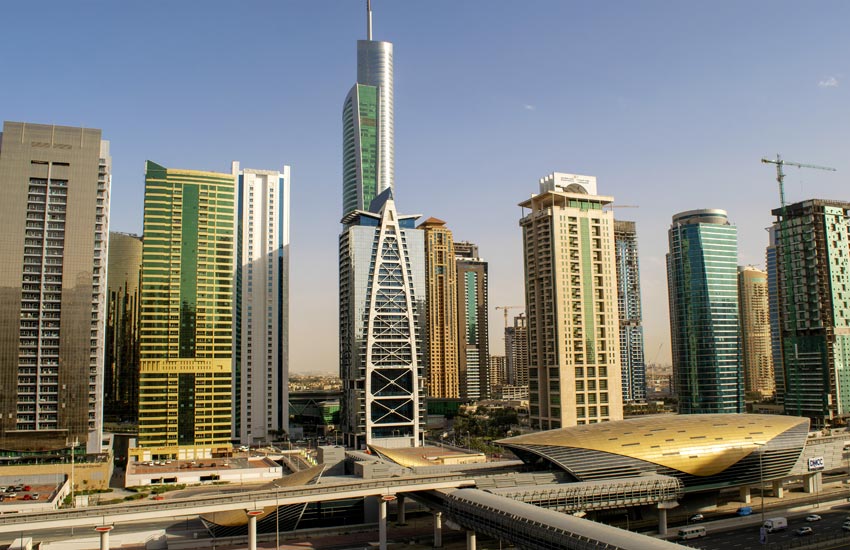Dubai hopes to mimic the blockchain activity generated in Switzerland’s Crypto Valley by launching the DMCC Crypto Centre. The Dubai Multi Commodities Centre (DMCC) is a free zone that supports commodities trading and finance. Multiple blockchain companies had already set up as part of the DMCC, such as the Agriota E-Marketplace, DigitalSugar from Al Khaleej and trade finance marketplace Trade Assets.
To set up the new Crypto Centre, the DMCC partnered with CV Labs, which was involved in creating Switzerland’s Crypto Valley.
“Crypto and blockchain technologies have an enormous potential to transform global trade and supply chains. This aligns perfectly with DMCC’s vision to drive the future of trade and is one of the key drivers behind launching the DMCC Crypto Centre,” said Ahmed Bin Sulayem, Executive Chairman and CEO, DMCC.
The DMCC is not the only one to think so. There are several commodities blockchain platforms, not least Covantis, founded by the world’s largest agribusiness traders.
Regulation is always the burning issue for cryptocurrencies. Together with the UAE’s Securities and Commodities Authority (SCA), the DMCC is helping to create a regulatory framework.
“We will offer a variety of services including incubation and investment opportunities for early-stage startups, innovation services for corporate clients, educational events for Blockchain and entrepreneurship as well as advisory services to assist Crypto/DLT startups establish themselves in the UAE and grow within our strong ecosystem,” said Ralf Glabischnig, Founder of CV Labs.
The UAE has been pretty active in the blockchain arena. Although to date, more on the enterprise blockchain side. In 2018 the UAE set out a 2021 blockchain strategy to save 77 million work hours annually and AED 11 billion ($3 billion). Solutions launched include a blockchain platform for healthcare and pharmaceutical data, a corporate and licensing registry, a land registry, and payments reconciliation solution.
While there’s no question that Switzerland’s Crypto Valley created a hive of blockchain activity, as with most startups, many of those companies have struggled financially, especially with the onset of COVID-19.






